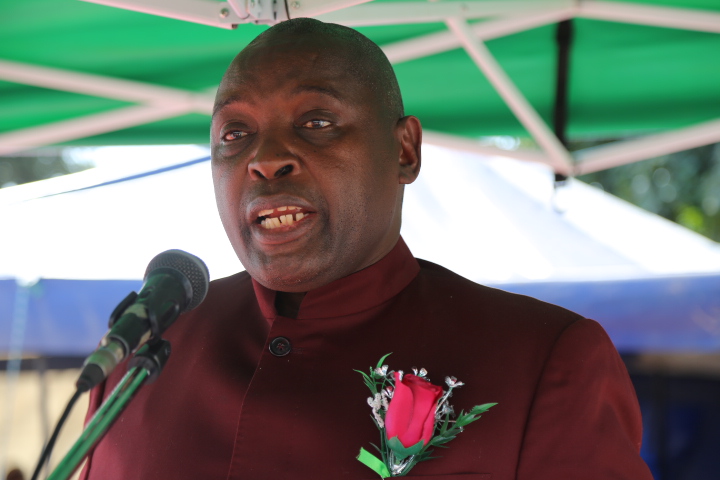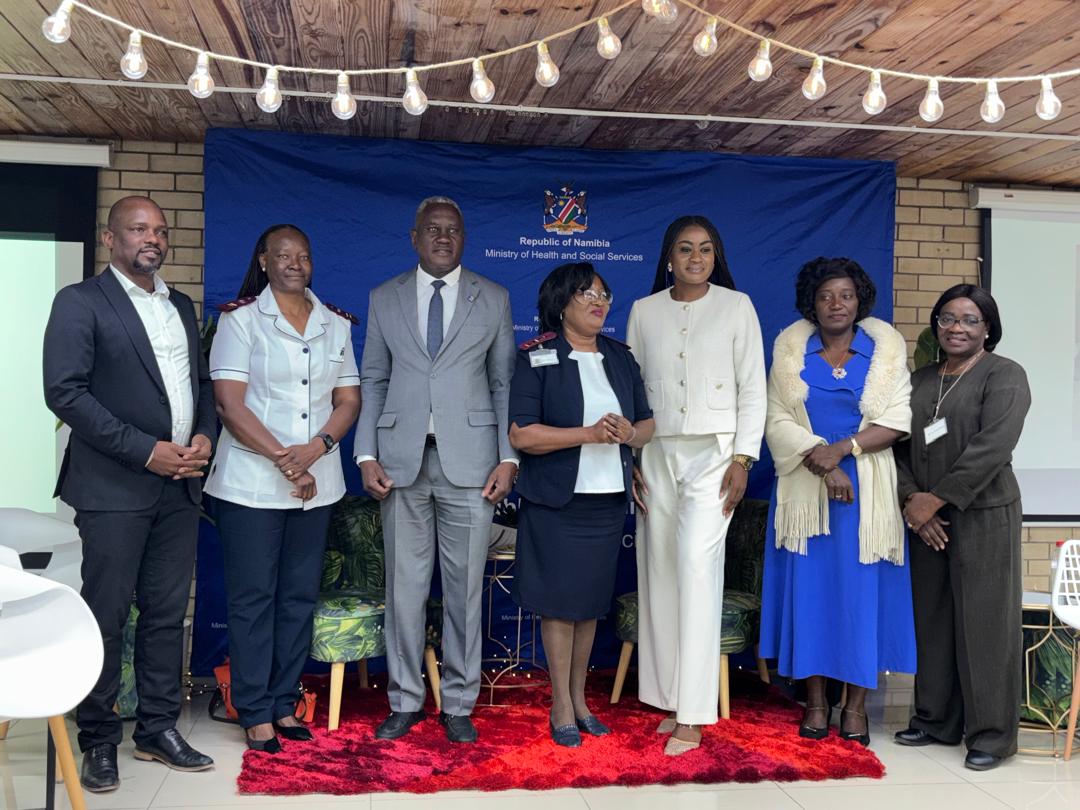THE United States hopes to seal a range of deals with southern African countries to boost investment in the region but a broader trade pact is still far off, a senior US official said in Johannesburg on Tuesday.
Talks between the US and southern African nations about signing a free-trade agreement (FTA) that would give them more access to the world’s wealthiest economy have stalled since 2003. Deputy US Trade Representative Karan Bhatia said while the two sides had failed to break an impasse on a number of issues, his country wanted to find other ways of kick-starting investment in southern Africa.”I think coming in, it’s fair to say there was concern our trade and investment dialogue with Sacu countries had stalled,” he told reporters after talks with the Southern African Customs Union.”Today, coming out of our conversations, we’ve agreed on a plan for how to move forward that’s going to lead hopefully to near-term positive results for our bilateral relationship and going to help set in place the building blocks to reach a free-trade agreement …in the longer term.”He said this would include agreements that would “smooth the flow of goods” between the region and the US Ahead of the talks on Monday, Bhatia said the US would not budge on issues like intellectual property, government procurement and investment, which are important for American companies operating in Africa.Africans say these requirements are too difficult to meet.Ministry of Trade and Industry Permanent Secretary, Andrew Ndishishi, who represented Namibia at the talks, said it had been recognised that a range of issues – which included labour matters, government procurement and environment – had arisen during the negotiations and these would require detailed examinations over a longer period.He said the two parties had agreed to set up a framework within which the United States and Sacu would remain engaged in growing and deepening the bilateral relationship.”To this end, we will develop a joint work programme to address a broad range of FTA and other trade and investment-related issues and, potentially in the near-term, seek to conclude concrete trade and investment-enhancing agreements,” said Ndishishi.The framework is subject to approval by Ministers.”Pursuing this line will require further internal consultations, particularly with our political principals and stakeholders,” he said.Ndishishi added that good progress had been made by the parties on issues related to textiles and apparel, agriculture, customs facilitation and rules of origin.He said both parties were working vigorously towards a speedy conclusion to the negotiations.Sacu consists of Namibia, South Africa, Botswana, Swaziland and Lesotho.The five countries already have duty-free access to the US market for most of their exports under the African Growth and Opportunity Act (Agoa).South Africa makes up the bulk of Sacu’s economy, accounting for 91 per cent of the bloc’s 2003 Gross Domestic Product (GDP) of US$175 billion.-Nampa-Reuters, Own ReporterDeputy US Trade Representative Karan Bhatia said while the two sides had failed to break an impasse on a number of issues, his country wanted to find other ways of kick-starting investment in southern Africa.”I think coming in, it’s fair to say there was concern our trade and investment dialogue with Sacu countries had stalled,” he told reporters after talks with the Southern African Customs Union.”Today, coming out of our conversations, we’ve agreed on a plan for how to move forward that’s going to lead hopefully to near-term positive results for our bilateral relationship and going to help set in place the building blocks to reach a free-trade agreement …in the longer term.”He said this would include agreements that would “smooth the flow of goods” between the region and the US Ahead of the talks on Monday, Bhatia said the US would not budge on issues like intellectual property, government procurement and investment, which are important for American companies operating in Africa.Africans say these requirements are too difficult to meet.Ministry of Trade and Industry Permanent Secretary, Andrew Ndishishi, who represented Namibia at the talks, said it had been recognised that a range of issues – which included labour matters, government procurement and environment – had arisen during the negotiations and these would require detailed examinations over a longer period.He said the two parties had agreed to set up a framework within which the United States and Sacu would remain engaged in growing and deepening the bilateral relationship.”To this end, we will develop a joint work programme to address a broad range of FTA and other trade and investment-related issues and, potentially in the near-term, seek to conclude concrete trade and investment-enhancing agreements,” said Ndishishi.The framework is subject to approval by Ministers.”Pursuing this line will require further internal consultations, particularly with our political principals and stakeholders,” he said.Ndishishi added that good progress had been made by the parties on issues related to textiles and apparel, agriculture, customs facilitation and rules of origin.He said both parties were working vigorously towards a speedy conclusion to the negotiations.Sacu consists of Namibia, South Africa, Botswana, Swaziland and Lesotho.The five countries already have duty-free access to the US market for most of their exports under the African Growth and Opportunity Act (Agoa).South Africa makes up the bulk of Sacu’s economy, accounting for 91 per cent of the bloc’s 2003 Gross Domestic Product (GDP) of US$175 billion.-Nampa-Reuters, Own Reporter
Stay informed with The Namibian – your source for credible journalism. Get in-depth reporting and opinions for
only N$85 a month. Invest in journalism, invest in democracy –
Subscribe Now!










